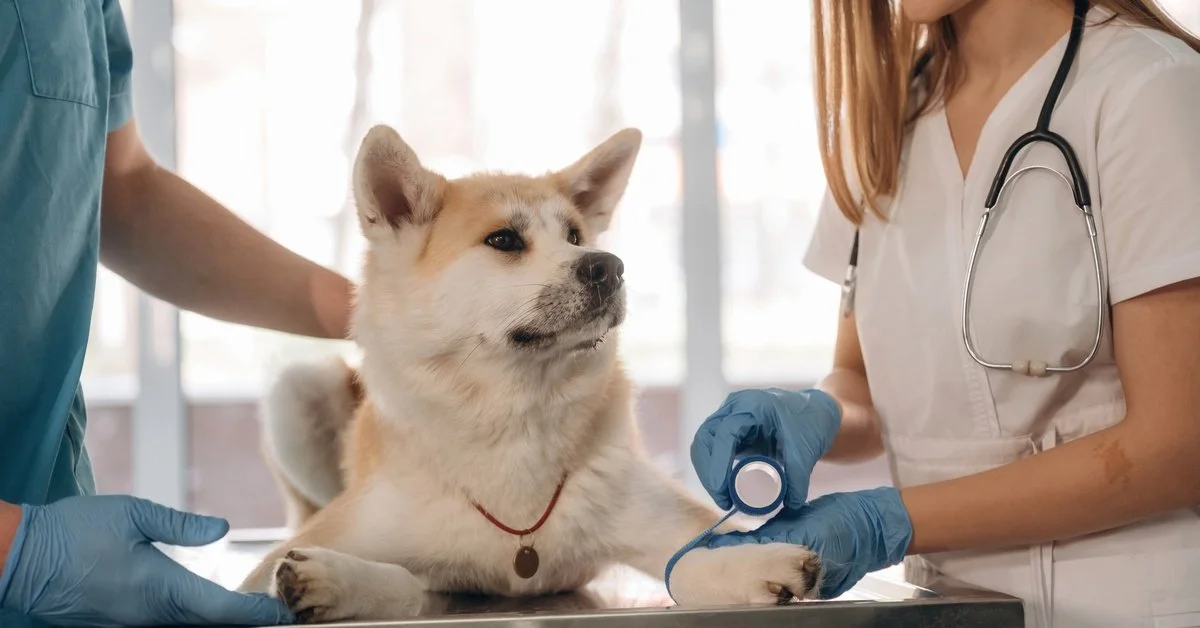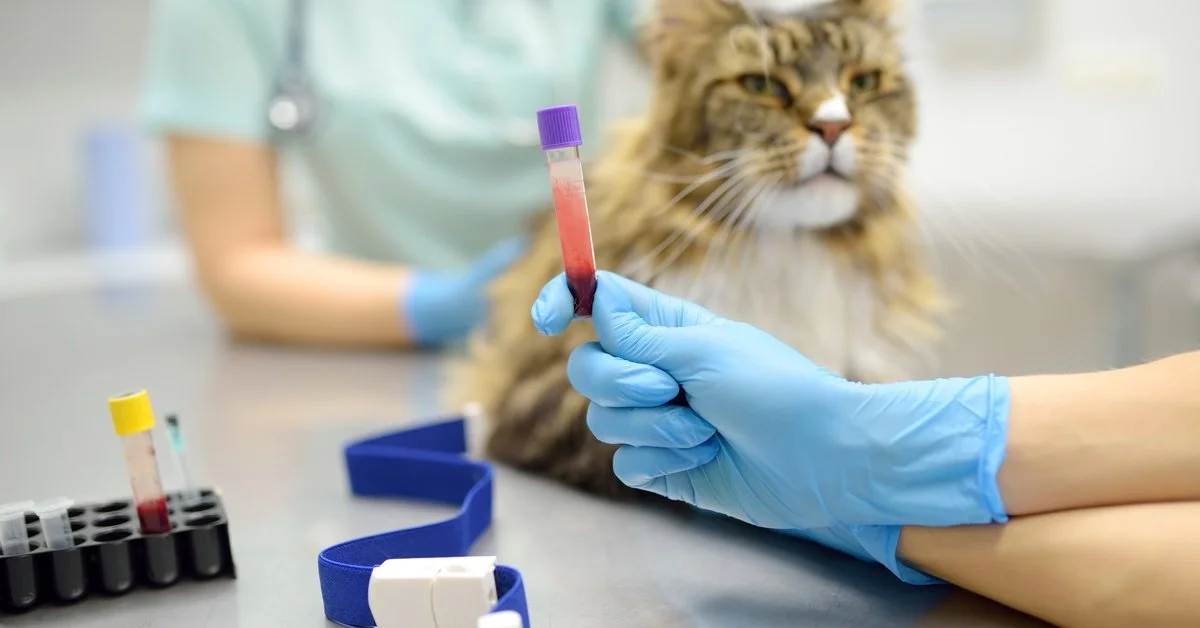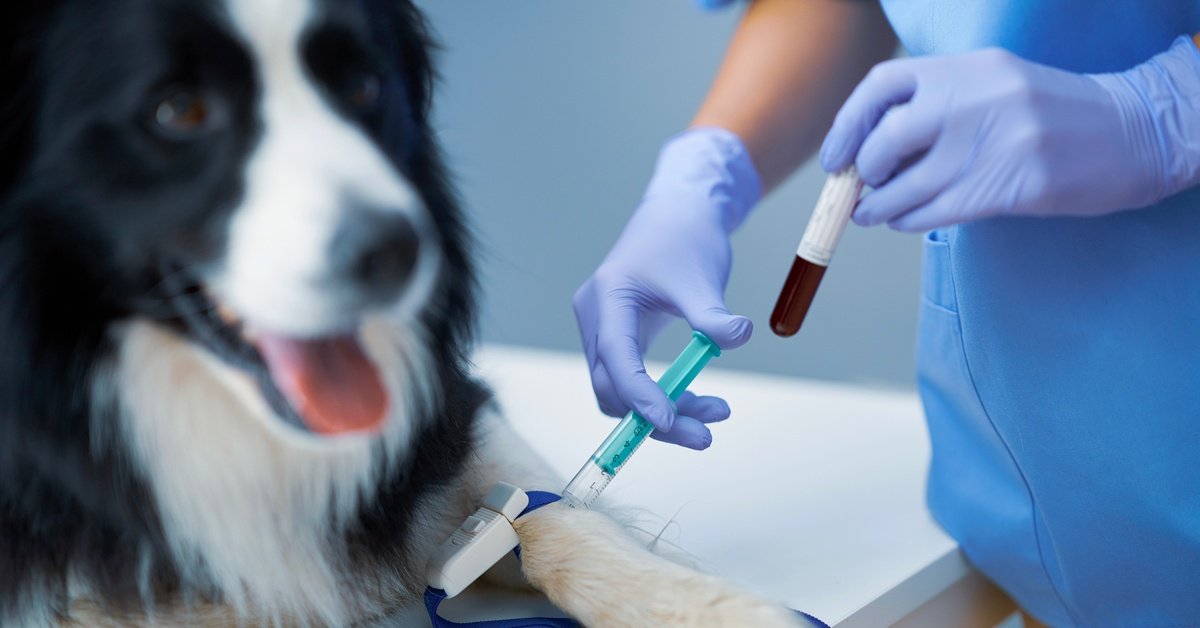How Routine Blood Work Can Catch Pet Health Issues Early
Many pet owners wait until their furry companions show clear symptoms before seeking veterinary care. This reactive approach, while understandable, often means missing the opportunity to catch health issues in their earliest, most treatable stages. If you’re curious about how routine blood work can catch pet health issues early, The Complete Pet Animal Hospital is here to go over some of the basics and help you make an informed decision for the health and well-being of your beloved pet.
Understanding What Blood Tests Reveal
Blood work allows for a close examination of red and white blood cells. Chemistry panels evaluate organ function, including liver, kidney, and pancreatic health, while also measuring protein levels, blood sugar, and electrolyte balance.
Getting a blood test allows pet owners to check for possible conditions like diabetes, kidney problems, liver issues, or thyroid disorders months before pets exhibit clinical symptoms. For example, low glucose levels could be an early sign of diabetes, while bile acids and enzymes may hint toward liver disease.
Many older cats develop hyperthyroidism, which can result in weight loss, increased hyperactivity, and heart problems. Blood work can reveal changes in thyroid hormone levels and catch the condition before it causes more serious complications.
Catching these and other pet health problems early can mean simpler, less expensive, and far less invasive treatments for your favorite furry friend. Plus, your cat or dog will usually have a better prognosis.
The Hidden Nature of Many Pet Diseases
As much as we love our pets, they’re not the best as showing signs of illness. While some pets may exhibit physical symptoms, they don’t have a clear way of telling us that something is wrong.
Unfortunately, this type of behavior means that by the time you notice something amiss, the progression of the disease or issue may be at a much more dangerous point. Early detection through blood tests can prevent the need for emergency interventions, which are often more stressful for pets and owners.
For example, many pet owners don’t catch physical signs of kidney disease in their pets until the animal loses nearly 70 percent of their kidney function. Although your pet could survive, by that point, the kidney damage is typically irreversible.
Another challenging situation is liver disease, as the liver may continue to function normally, even after taking serious damage. Blood tests can detect elevated liver enzymes and other markers that indicate liver stress or damage long before your pet shows symptoms like lethargy, loss of appetite, or jaundice.
Age-Related Changes and Early Detection
Age can have a major effect on pets developing chronic conditions, so older dogs and cats benefit from routine blood work that checks for issues like arthritis, heart disease, and cognitive decline. Blood tests can reveal inflammatory markers, changes in organ function, and metabolic shifts that accompany these conditions.
That doesn’t mean young pets don’t benefit from testing too. Blood tests for puppies and kittens can catch genetic predispositions for certain diseases and allow vets and owners to prevent or delay the hereditary conditions that may come up later in the animal’s life.
Most young, healthy pets, which are those between three and seven years old, should get blood work once a year. As pets get into their older stages, increasing that frequency to every six months helps pet owners monitor age-related issues and adapt to developing problems as they come up. Regular testing in older pets can also identify subtle changes in cognitive function, allowing for early management of age-related mental decline.
The Role of Baseline Values in Health Monitoring
Another way that routine blood work can catch pet health problems early is by creating a baseline value for your pet’s health. A value that appears normal according to general standards might represent a big change for your individual pet when compared to their historical results.
Establishing this baseline information for your specific pet allows you and your vet to create a more personalized approach to health monitoring. Baseline values are especially useful for pets with breed-specific variations in normal blood values or those with mild abnormalities that remain stable over time.
Presurgical Screening and Safety
Getting blood work done before your pet undergoes surgery is a must. Blood tests can reveal hidden problems that might complicate surgery and negatively affect drug metabolism, like clotting disorders, liver problems, or kidney dysfunction.
Vets perform these presurgical blood screenings to minimize complications during surgery. By identifying pets who need additional medical support or modifications to standard treatment, vets keep your pet healthy and taken care of during these more difficult procedures. Presurgical blood work can also help vets determine the safest anesthesia options that best work for your pet’s unique health profile.
What To Expect During Blood Collection
Most pets tolerate blood collection well, especially when performed by experienced veterinary technicians. The procedure typically takes just a few minutes, with blood drawn from a vein in the pet’s leg or neck. Many pets remain calm during the process, especially when owners stay nearby and provide gentle reassurance. However, vets may need to employ calming techniques or provide particularly anxious pets with a mild sedative to help make sure they have a safe, stress-free blood collection experience.
Pet owners can usually get results within a few hours with an in-clinic analyzer or a couple of days if your vet needs to send the blood to an external laboratory. Your veterinarian will go over the results and give recommendations regarding treatment options or surgery.
Taking Action for Your Pet’s Health
Routine blood work is one of the most valuable investments you can make for your pet’s health and longevity. By catching problems early, you can provide your veterinarian with the best opportunity to develop effective treatment plans that can significantly improve outcomes.
Schedule a visit with your local vet to discuss an appropriate blood work schedule for your pet based on their age, breed, and existing health history. Regular monitoring can potentially prevent serious health complications and give you many more healthy, happy years with your beloved companion.
The Complete Animal Hospital has a team of top-quality vets in Litchfield Park, AZ. We provide bloodwork, surgery, regular consultations, and more. Fill out a form on our website or call us to schedule an appointment for your pet. We prioritize the health and safety of your furry friends as much as you do.



